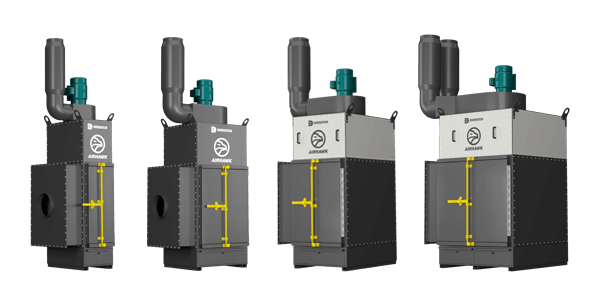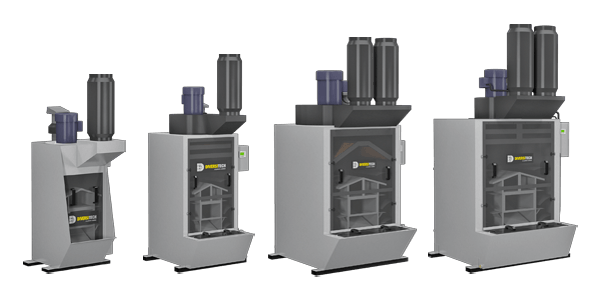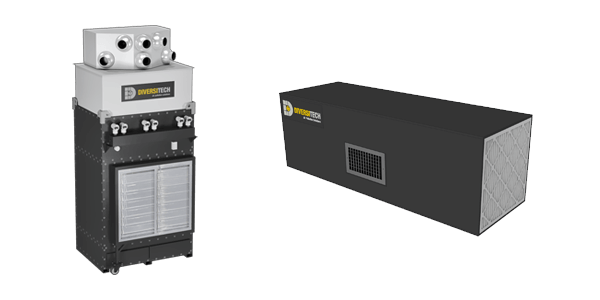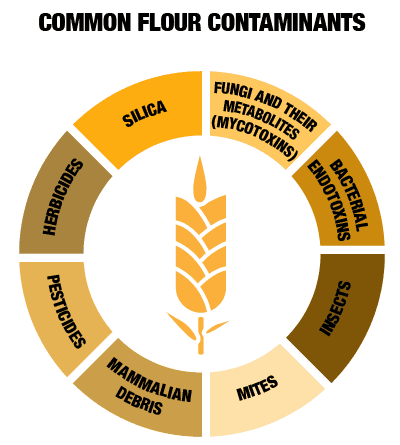Not only harmful when inhaled, flour is also combustible and may cause fire or explosion if not properly contained.
But it’s not just flour that businesses in the food processing industry need to worry about. Almost all agricultural and food dusts including sugar, egg whites, powdered milk, alfalfa, herbs, hops, cornstarch, cereals, spices and additives are flammable and need to be properly captured to prevent a catastrophic event.
To protect workers from potential illness as well as the risk of death or injury due fire and explosion, businesses in the food processing sector need to properly manage combustible dusts. Installing local exhaust ventilation systems not only prevents fire in the workplace but provides adequate protections for worker health.
Diversitech understands the safety and compliance needs of businesses in the food processing industry. Our line of wet dust collectors safely captures combustibles, reducing the risk of a catastrophic event and protecting worker health.




 The seriousness of the health condition depends on the length of time of exposure, the concentration of airborne flour and its unique make-up. Flour dust may contain a number of contaminants that can further irritate the respiratory tract including:
The seriousness of the health condition depends on the length of time of exposure, the concentration of airborne flour and its unique make-up. Flour dust may contain a number of contaminants that can further irritate the respiratory tract including: